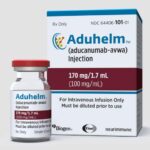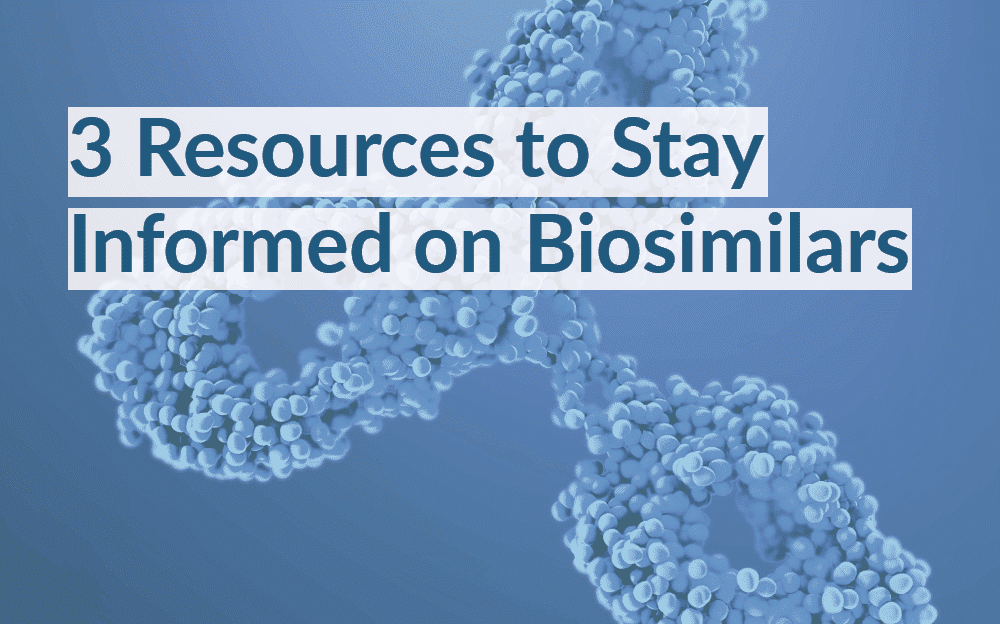The following post has been provided by NICA Industry Partner, Cardinal Health.
Written by: Sonia T. Oskouei, PharmD, BCMAS, DPLA
Vice President of Biosimilars, Cardinal Health
Biologics are the fastest growing class of drugs in the United States; they bring innovative, life-changing treatments to patients with cancer and chronic diseases. Due to exclusive patents, they are also very expensive and out of reach for many. When patent exclusivity end for originator biologics, that opens the door for Food and Drug Administration (FDA)-approved biosimilars – which are highly similar to their originator biologics. Like generic drugs, biosimilars are expected to produce the same clinical result as an originator product at lower costs.
Currently there are 31 FDA-approved biosimilars in the U.S., 21 of which are available in the market. The remaining products have delayed launches primarily due to patent litigation settlements between the originator biologic and biosimilar companies. Apart from the insulin biosimilars available at retail pharmacies, all other biosimilars are primarily healthcare provider-administered products. This will change in 2023 when more than 6 Humira biosimilars are anticipated to enter the market, with several more candidates seeking FDA approval. Additionally, multiple adalimumab biosimilar candidates are seeking interchangeability designation, with one already achieving the designation from the FDA (i.e. Boehringer Ingelheim’s Cyltezo).
Interchangeability is a regulatory designation for biosimilars that is unique to the U.S. The designation allows “pharmacist-level substitution,” meaning that a pharmacist can substitute the originator biologic with the biosimilar per state laws, without consulting with the prescribing physician (much like how pharmacists routinely substitute generic drugs for brand name drugs).
It’s important for infusion providers to understand rapidly evolving market activity with biosimilars, regulatory terms associated with the approval process of biosimilars, as well as policy and regulatory changes at both the federal and state levels to prepare your infusion practice for the evolving landscape. The good news is resources are available to help you stay informed.
1. NICA Policy Newsletter
Through NICA’s biweekly policy newsletter (The Biweekly Push) you’ll receive current and relevant policy updates on what’s happening at both the federal and state levels.
2. State Interchangeability laws Map
To assist providers tasked with navigating the implications of interchangeability, Cardinal Health recently collaborated with regulatory advisors to develop a state-by-state resource to help you understand various biosimilar interchangeability laws within your state.
3. Breaking down biosimilars webinar
Join the Breaking down biosimilars- a look at the evolving landscape in January where we will dive into the evolving biosimilar landscape, and discuss potential implications for infusion centers and have time to answer your questions.


